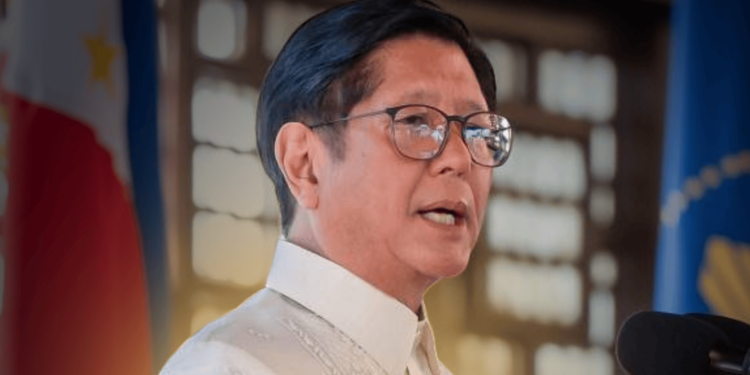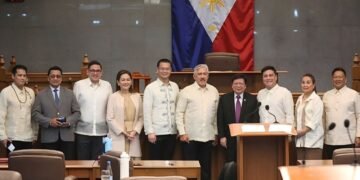President Bongbong Marcos announced on October 15, that the bicameral conference committee (bicam) deliberations on the proposed 2026 national budget will be live-streamed to ensure full public transparency. He emphasized that there will be no small committee, stating, “We will have no small committee. This will be a process that will be watched live, so the public can follow the entire process, every step of the way.”
This decision aims to provide the public with access to the budget discussions, with no small committee behind closed doors, allowing citizens to follow the entire process in real time. The announcement follows the approval of the House of Representatives’ version of the proposed P6.793 trillion national budget for 2026, which includes increased allocations for education. Additionally, there has been a realignment of the Department of Public Works and Highways‘ flood control project budget, responding to calls for greater accountability in the handling of funds meant for flood mitigation efforts.
The initiative to live stream the bicam sessions is part of the government’s broader push for transparency and accountability in public spending, particularly in light of allegations regarding the insertion of excessive projects during the bicam process. Concerns have been raised over the rumored, and often criticized, amount of last-minute additions and revisions, sometimes referred to as “insertions,” to the budget that may bypass proper scrutiny. Marcos addressed such concerns, stating, “I’m going to livestream the entire process so that if there are questionable, shall we say insertions or additions or all that, it will also be clear who made those changes or who proposed those changes so that people know.”
President Marcos has made it clear that any irregularities or questionable allocations in the 2026 budget will face his veto, reinforcing his commitment to clean, responsible fiscal management. “If there are projects or expenses that do not meet our standards, we will not hesitate to veto them,” he added.
This move is expected to foster greater trust between the government and the public by allowing citizens to observe the decision-making process and hold officials accountable.












